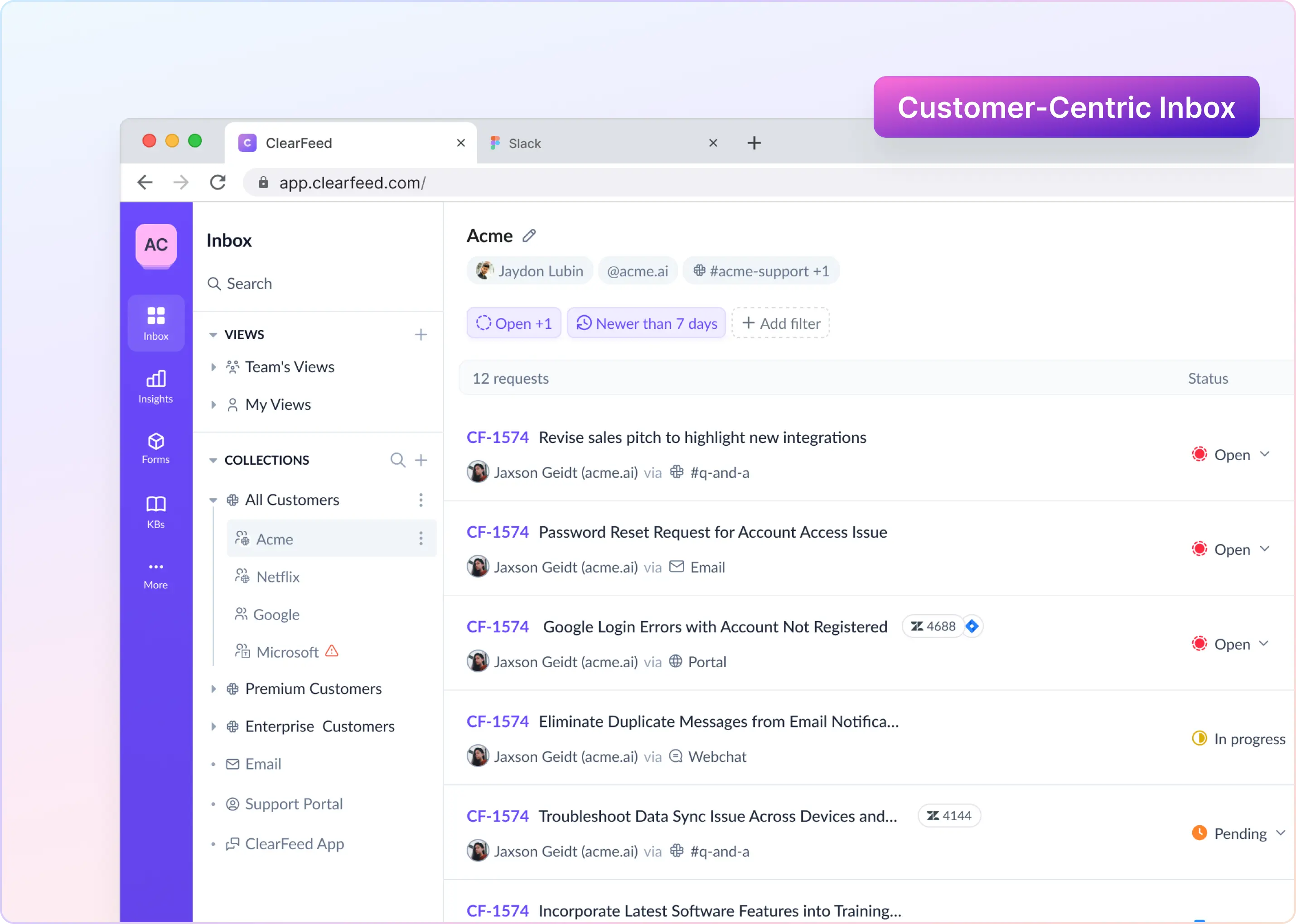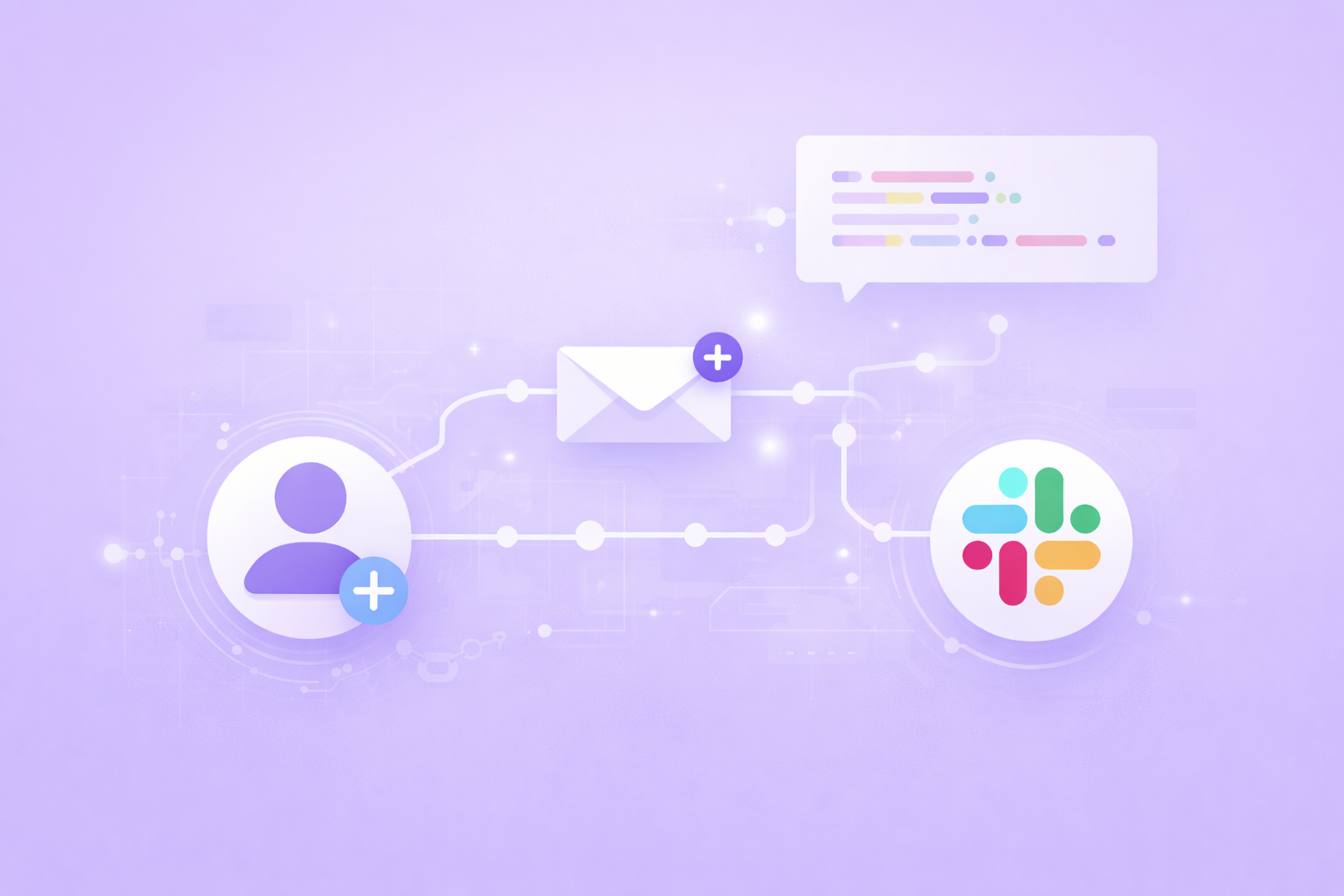So, Intercom is pretty awesome, right? It's loved for its user-friendly design and packed with powerful features. But it's not a one-size-fits-all tool. Businesses are changing fast, and what works for one might not cut it for another. Maybe it's the pricing or the set of features, or maybe you're looking for something simpler. Good news—there's probably something else out there that fits your requirements.
Considering the numerous choices, finding the right Intercom software for your business can feel like finding a needle in a haystack. But don't worry—that's exactly what we're here for. This article will dive into the ins and outs of the top eight contenders and quickly examine each competitor's features, unique capabilities, and pricing. Whether you're looking for something with more advanced analytics, smoother integrations, or a lower price point, we've got you covered.
Note: The images featured in this blog are sourced from the companies' official websites or their G2 profiles.
What to Look for in an Intercom Alternative?
When looking for a replacement for Intercom, you must check out a few key areas to ensure the new option fits your business needs, is worth the investment, and helps connect with customers. Here are some important points to think about:
Now that we've outlined what to look for in an alternative to Intercom, let's find the best fit for your unique business requirements.
1. ClearFeed
ClearFeed is a conversational support platform designed for businesses to manage customer and employee requests on Slack. It helps businesses streamline customer support, improve collaboration with customers and employees, and enhance service metrics and capacity planning.

Features & Benefits
Pricing
ClearFeed offers two pricing models: Agent-based pricing and usage-based pricing. Agent-based pricing starts at $24/month/agent and usage-based pricing starts at $40/month for 10 channels and 100 tickets.
2. Zendesk
Zendesk offers customer service software trusted by over 200,000 customers, enabling businesses to manage customer interactions across various channels like email, chat, phone, social media, and self-service.

Pros
Cons
Zendesk has some drawbacks that can make it hard for people to use. Some of these include:
Pricing
3. HubSpot
HubSpot Service Hub is a cloud-based platform designed to help businesses manage and monitor customer service interactions effectively. It allows businesses to streamline customer engagement, track issues, manage tickets, and respond promptly to customer inquiries.

Pros
Cons
HubSpot Service Hub's drawbacks involve user quantity limits and a pricing model that may deter smaller businesses or those with limited budgets.
Pricing
4. Freshdesk
Freshdesk is a customer service software designed to simplify a company's customer support operations across various platforms. Its cloud-based nature facilitates help desk support with smart automations to expedite tasks and enhance efficiency. Freshdesk has grown in popularity among businesses aiming to bolster customer engagement and effectively manage customer interactions as they scale, supporting a range of features to boost customer engagement.

Pros
Cons
Freshdesk's disadvantages include restricted customization features, a notable learning curve for customer service software novices, and pricing that is considered high relative to other options, posing potential issues for budget-conscious businesses.
Pricing
5. Zoho Desk
Zoho Desk is a cloud-based customer service platform designed to help businesses manage their customer support operations. It facilitates improved interaction between companies and their customers, enhancing the overall customer service experience.

Pros
Cons
Zoho Desk is criticized for its complex customization and integration processes. Users also report that the platform's interface requires enhancements and that limited free support options are available.
Pricing
6. Live Agent
LiveAgent is comprehensive customer support software designed to help teams improve their customer service efforts. It provides a system focusing mainly on ticketing, allowing support teams to manage all communication from various platforms in a single, organized place.

Pros
Cons
The downsides of LiveAgent include costly integrations, a basic knowledge base design, and mobile apps needing enhancements. Users also cite slower response times and potentially prohibitive costs for smaller businesses.
Pricing
7. HelpCrunch
HelpCrunch is a customer communication platform combining several tools to help businesses support, market, and engage with customers. It is noted for its versatility, providing a solution that can replace multiple separate products by bringing them into a single integrated platform. This can result in a more streamlined workflow for customer success teams and potentially more affordable pricing than using multiple tools for different functions.

Pros
Cons
HelpCrunch's cons involve its advanced features, which could be difficult to initiate for novices. Additionally, the platform's extensive feature set might complicate the setup and usage for some users compared to simpler alternatives.
Pricing
8. Help Scout
Help Scout is a global remote company that provides helpdesk software to over 10,000 customers in over 140 countries. Its main product is a web-based SaaS helpdesk that enables large teams to provide customer support via email. The company operates remotely and focuses on creating people-first products to enhance customer experiences.

Pros
Cons
Help Scout's drawbacks include limited reporting capabilities and a less customizable knowledge base layout. Users also note that its process can be unnecessarily complex, hindering user-friendliness compared to streamlined platforms like Gmail.
Pricing
Moving Beyond Intercom
Finding the right communication tool is integral to building and maintaining customer relationships in today's market. Each Intercom alternative listed here brings unique features and capabilities to the table. Whether you prioritize advanced AI, robust analytics, or a free-to-use model, a platform can cater to your business needs.
Be sure to explore each option, considering your specific requirements and budget, to make the most informed choice. If you would like to try ClearFeed, we’re just a click away.



















